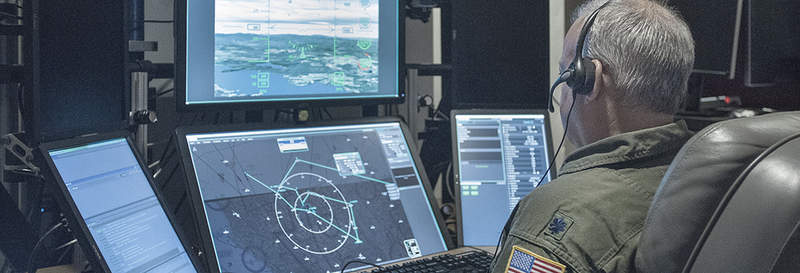

Aptima has been contracted to support the Agile Teams (A-Teams) programme for the US Defense Advanced Research and Planning Agency (DARPA).
The programme seeks to create a systematic methodology to design teams that combine humans and machines in many work environments, including the military, through the provision of warfighters, drones, robots, and autonomous systems.
Under the $3.5m contract, the company and its partners are developing a framework to represent, test, optimise, and train complex socio-technical systems that are capable of peer-level interaction, mutual learning and problem-solving.
Work under the contract is being supported by Massachusetts Institute of Technology (MIT) professor Julie Shah, University of Connecticut professor Krishna Pattipati, and US-based Sophia Speira.
Aptima CEO and principal founder Daniel Serfaty said: “The goal is to create organisations that are more dynamically responsive, that can quickly adapt to changing situations, and reallocate the right abilities, tasking, and workload across complex, mixed human-machine systems.”
The A-Teams programme aims to discover, test and demonstrate mathematical abstractions for the design of agile human-machine teams, as well as provide predictive insights into team performance.
The programme will use experimental testbeds in order to support reproducible evaluation of human-machine team architectures in a diverse range of problem contexts.
Serfaty added: “Humans are good at collaborating and learning from each other. While current machines are not, the promise of artificial intelligence (AI) is challenging this assumption.
“Much like a high performing sports team uses different plays and players to anticipate and counter what an opponent might do, similarly human-machine systems must be able to collaboratively adapt as mission demands change.”
Image: The A-Teams programme seeks to bring together both humans and machines in many work environments. Photo: courtesy of the Defense Advanced Research Projects Agency.



